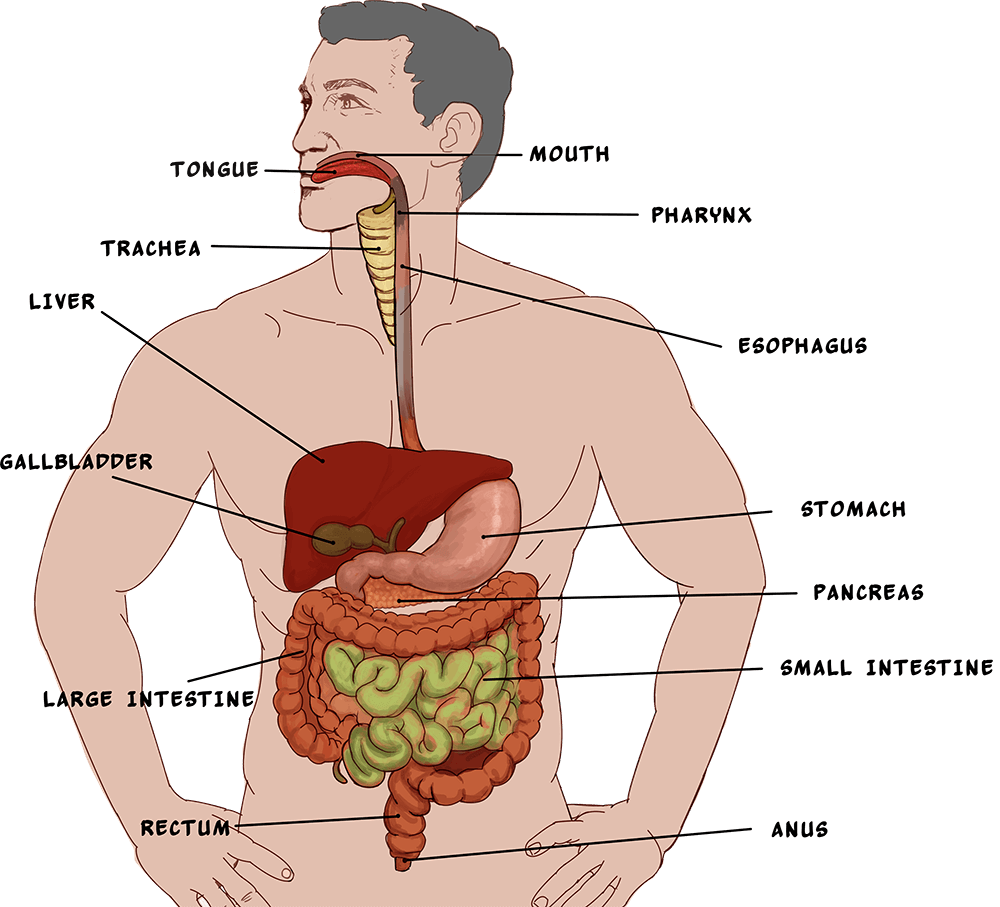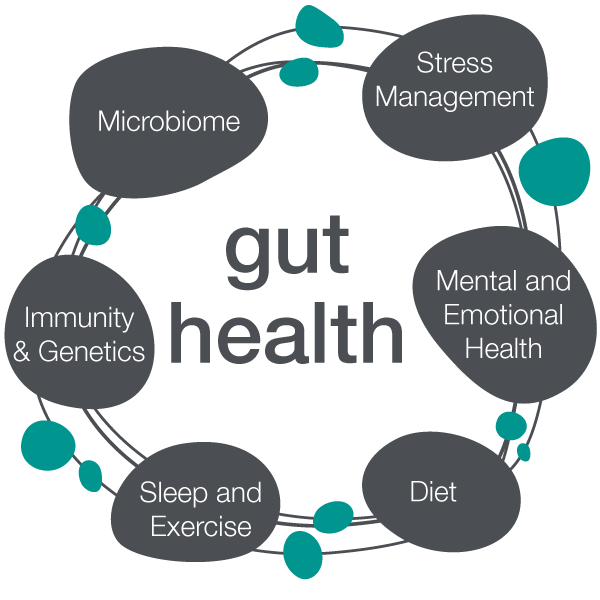Gut health has become a popular topic, with more research highlighting its importance for overall well-being. From digestion to mood regulation. The gut is often referred to as the “second brain.” In this article, we’ll explore what gut health is, why it’s essential and how you can improve it through diet and lifestyle changes.

What Is Gut Health?
Gut health refers to the balance of microorganisms living in your digestive tract. These microorganisms, collectively known as the gut microbiome, play a crucial role in digestion, immune system function and even mental health. A healthy gut means a thriving population of beneficial bacteria that help your body function optimally.
Signs of Poor Gut Health
- Digestive Issues: Frequent bloating, gas, diarrhea or constipation are signs that your gut may be unbalanced.
- Unexplained Weight Changes: A poorly functioning gut can either cause weight gain or loss due to impaired nutrient absorption or increased inflammation.
- Sleep Disturbances: The gut produces serotonin, a hormone that affects mood and sleep. An imbalance in the gut can lead to poor sleep quality or insomnia.
- Food Intolerances: Gut imbalances may cause difficulty digesting certain foods, leading to intolerances that didn’t previously exist.
Why Gut Health Is Important
- Improved Digestion: A healthy gut ensures efficient digestion and nutrient absorption. Without it, you may experience chronic digestive problems.
- Boosts Immune Function: About 70% of the immune system resides in the gut. A healthy gut microbiome is vital for fighting infections and reducing inflammation.
- Mental Health: Research has shown that gut health affects mood and mental health. The gut-brain connection plays a significant role in conditions like anxiety and depression.
- Weight Management: A balanced gut can help maintain a healthy weight by influencing how your body stores fat and balances blood sugar.
How to Improve Gut Health

- Eat a Fiber-Rich Diet: Foods high in fiber, like fruits, vegetables and whole grains, help feed the good bacteria in your gut.
- Picture suggestion: A colorful image of fiber-rich foods like fruits and vegetables can be placed here to give visual interest to the section.
- Include Probiotics and Prebiotics: Probiotics are live bacteria found in fermented foods such as yogurt, kefir and sauerkraut. Prebiotics are non-digestible fibers that feed probiotics, found in foods like garlic, onions and bananas.
- Picture suggestion: Place a photo of probiotic-rich foods such as yogurt, sauerkraut and kimchi to encourage readers to try these options.
- Stay Hydrated: Drinking enough water is essential for digestion and maintaining a healthy gut lining.
- Limit Sugar and Processed Foods: These can cause an imbalance in your gut bacteria, promoting the growth of harmful bacteria and leading to inflammation.
- Picture suggestion: Consider including an infographic showing the negative effects of too much sugar on gut health.
- Manage Stress: Chronic stress can disrupt the gut microbiome. Practices such as meditation, deep breathing and regular exercise can reduce stress levels and improve gut health.
- Exercise Regularly: Physical activity helps promote the growth of healthy bacteria in the gut, improving digestion and overall health.
- Get Enough Sleep: Sleep is crucial for gut health. Aim for 7-9 hours of quality sleep each night to allow your body to repair and maintain gut balance.
Foods That Promote Gut Health
- Fermented Foods: Kimchi, sauerkraut, kefir and kombucha are rich in probiotics.
- High-Fiber Foods: Lentils, beans and whole grains promote the growth of beneficial bacteria.
- Healthy Fats: Omega-3 fatty acids found in salmon, flaxseeds and walnuts can reduce gut inflammation.
- Bone Broth: This contains collagen, which supports the gut lining and overall digestive health.
- Picture suggestion: Add a high-quality image of these gut-friendly foods to highlight the variety of choices.
Common Gut Health Myths

- Probiotics Work Instantly: Probiotics take time to balance the gut microbiome. It could take several weeks to notice improvements.
- All Fiber Is the Same: Different types of fiber have different effects on the gut. Both soluble and insoluble fibers are important for maintaining gut health.
- Gut Issues Only Affect Digestion: Gut health impacts more than digestion; it affects immune function, mental health and energy levels.
Conclusion
Gut health is crucial for overall well-being. By adopting gut-friendly habits such as eating a diverse, fiber-rich diet, managing stress and exercising regularly, you can significantly improve your digestive health and your quality of life. Don’t wait to start taking care of your gut—it’s the key to a happier, healthier you.

